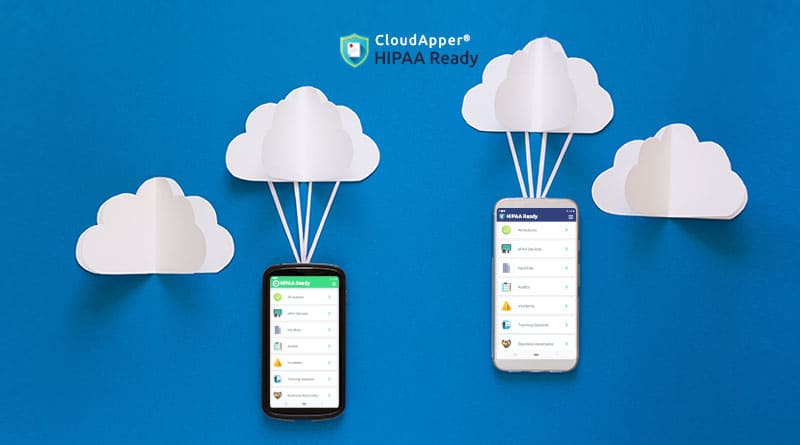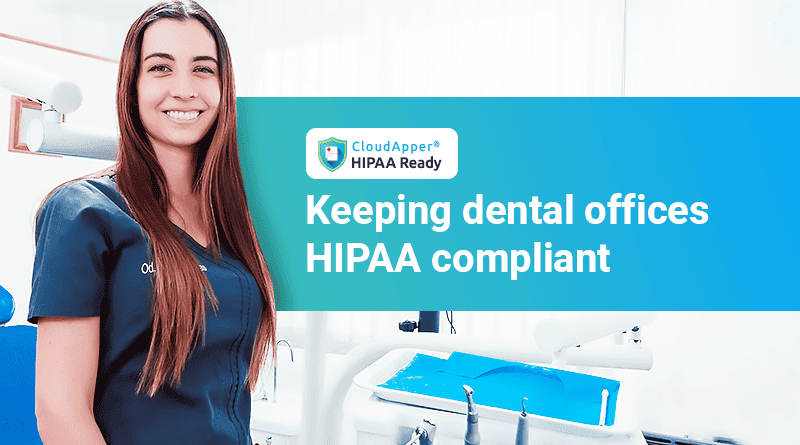Cloud storage provides the healthcare sector with many advantages. The advantage includes convenience, decentralization and increases overall safety and trustworthiness. While they are popular and convenient now, healthcare organizations must also ensure that HIPAA-compliant cloud storage is used.
But what is HIPAA compliant cloud storage?
Cloud storage cannot technically really conform to HIPAA itself. HIPAA compliance relies on the actions of the people in the organization. It is also necessary to ensure the establishment of adequate and applicable security measures. In the absence of proper controls, even the safest cloud storage could be compromised if the healthcare organization misconfigures settings or does not implement necessary controls.
This may also result in a violation of the Security Rule of HIPAA. The appropriate security controls to ensure the confidentiality, integrity, and availability of electronic Protected Health Information (ePHI) should be included in HIPAA compliant storage. Covered entities must understand some things about cloud-based storage when using it.
Compliance with HIPAA law is primarily dependent on the activities of the health provider and the provider of cloud storage. Healthcare providers need to ensure that they have a valid Business Associate Agreement in place with the cloud storage provider if they save any of the data on the cloud.
So can you store ePHI on the cloud?
Yes, as long as a legitimate Business Association Agreement (BAA) exists, healthcare providers can keep ePHI in the cloud with all of the controls required by the HIPAA Security Rule.
Is BAA enough?
A business associate agreement would not ensure that HIPAA is complied with. As I said, compliance depends mainly on the actions of the workers in the organization.
All measures prior to ensuring compliance should also be carried out. For instance, a risk assessment should be performed before using any cloud services. Any defined risks should be handled properly and adequate policies and procedures should be developed before any cloud service is deployed.
Appropriate administrative, technical and physical safeguards should also be enforced in accordance with the provisions of the HIPAA security rule. There should also be an analysis of the controls offered by the service provider. There must be adequate access controls. For instance, only authorized workers who need access to the cloud, where ePHI is saved, should be allowed access.
Additional guarantees include 2-factor authentication, unique passwords, automatic logouts, and person or entity authentication. Additional protocols to ensure that ePHI is accessible in emergencies must also be established. All sensitive health information stored in the cloud should also be encrypted.
How can I manage all the activities?
With HIPAA Ready it is simple to manage all these activities. HIPAA Ready is software for the management of enforcement to help you simplify all the main activities. HIPAA Ready can also be an excellent method for managing employee training, including audit checks and compliance documentation.
Audit controls are tools for recording and reviewing ePHI-containing information system operations. This means that a trail of the access to and operation of all ePHI users must be established. When regulators perform an audit, logs are necessary. Health organizations need to review these records periodically to monitor illegal activities.
HIPAA Ready allows you, in order to comply with the law, to record all of these activities, policies or procedures, and measures you have taken. With the app, you will coordinate all the enforcement activities you have carried out in a structured way.



















